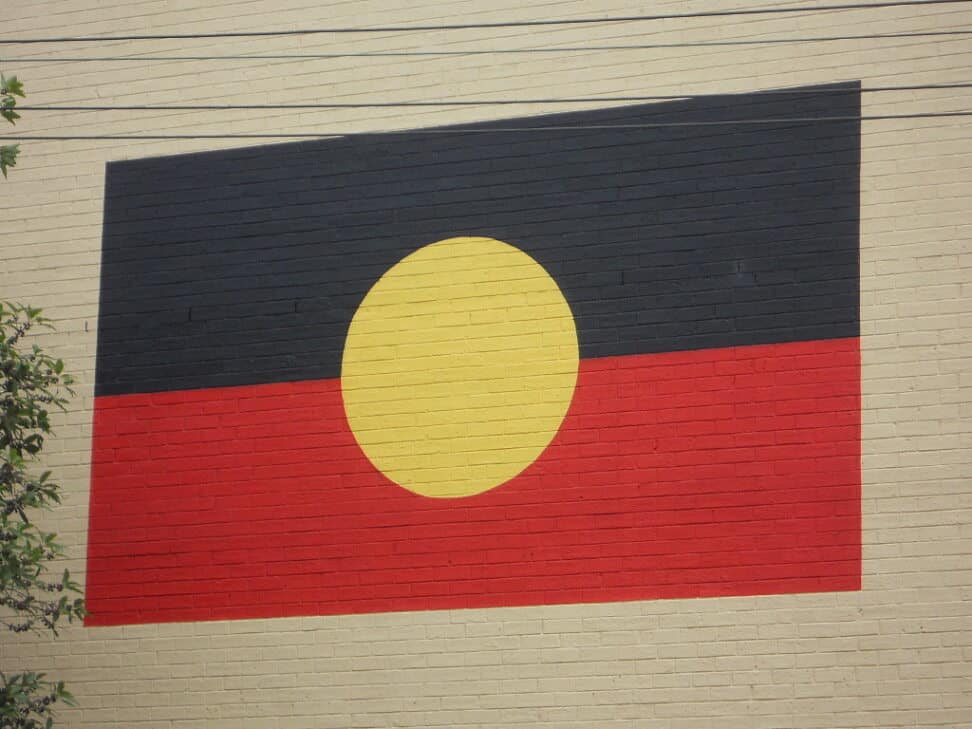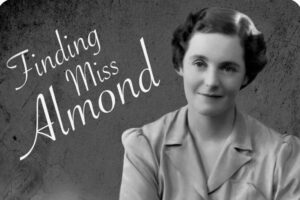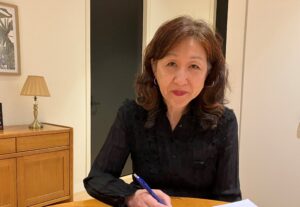
Robyn Davis
20 August 2023
My beloved younger sister died on 1 February this year, aged 69, after a short, but fierce battle with thyroid cancer.
Our family of sisters fought alongside her and carried her to her final resting place.
She left much unfinished business.
This was the battle of our lives, but certainly not our only battle. Our family, like many other First Nations families have lived many battles. Sometimes life is a constant battle.
I have buried eight family members in the past five years, including my mother, father and younger brother. My mother and darling brother were quiet achievers, working away at both national and grass roots level on numerous cultural projects. They left unfinished business and projects in limbo.
Our family has worked – and continues to work – in community and for community over the past 30 years, with many government, non-government, education, health and private organisations.
Yet there is so much still to do. We continue to work to preserve our quickly diminishing cultural heritage sites. There are many sacred sites unknown, untended and uncared for on privately owned land. Our great grandmother’s grave is ravaged by rabbits and trampled by sheep!
Read more: Christians offered Indigenous Voice advocacy training
Our sacred places should be everyone’s treasures. We have many cultural riches to share. Working together for preservation of these sites would benefit each and every one of us.
All basic human rights for Indigenous people were extinguished at first settlement. A once proud race, living under a highly regulated system of Lore, reduced to animals in a split second in history.
First Nations people were treated as inhuman, until the referendum in 1967, when we magically changed from flora and fauna into human beings.
The “Yes” vote in 1967 converted us to human – but humans without a voice. Finally, we could be seen but we were still unheard!
Our people are still the most uneducated, the most institutionalised and the most persecuted.
Our young people feel forgotten and despondent. We battle each day with unemployment, racism, incarceration, health and housing issues.
I think sometimes that we confuse the issue, overthink and dissect too much.
Read more: People of faith invited to listen, learn Indigenous perspectives of Voice
This situation is about people not politics. Let’s just break it down to an understandable equation. This is a referendum that should not be happening. First Nations people should have had the recognition when our constitution was first drawn up. It should have been a right! This issue should have been resolved many years ago, it shouldn’t be an issue now!
Australian Indigenous peoples are the oldest living culture in the world. We have inner city communities, fringe dwellers, rural, remote and traditional communities. All have varying degrees of education, understanding of governance, different traditions and values.
I have travelled this country over many years, visiting and working in rural and remote communities. I have heard the cries of some of my brothers and sisters who call for a “No” vote. We all recognise the differing levels of understanding, education, and language barriers in the very diverse communities we each live in. Our communities have different wants and needs. I believe we need to make this a simple question – one of recognition – not of politics.
This is a time to step forward into the unknown. We have been pushed to the background for so long that for some of us it’s a comfortable place. The “Yes” position will be an uncomfortable place, an unknown place, but a place where we are recognised as First Peoples.
The “Yes” vote won’t right the wrongs, but we need to move forward together as a nation, proud of our shared history. Maybe our place at the table won’t give us all the things we want, but it will give us the opportunity to discuss the issues in a forum willing to listen and hopefully value what we bring to the table.
Read more: To decolonise, the church must first recognise Indigenous leaders’ capability
The issue is simply about being recognised as the First Peoples in our own country. At 65,000 years, we are certainly old enough to have a seat at the table and have a say in issues and affairs that affect each one of us.
My heart says, “Please let our voices be heard”. Let us put up our hands, be recognised and counted in our own country. This may be an opportunity to work together on unfinished business, work on issues that affect our everyday lives, to share our unique perspective and protect all of our history.
My plea to you is to read the Uluru Statement from the Heart, which calls for Voice, Makarrata (Treaty) and Truth telling.
“We call on all Australians to walk together to build a better future by establishing a First Nations Voice to Parliament enshrined in the Constitution. And the establishment of a Makarrata Commission for the purpose of Treaty making and truth telling.”
The Voice is our first step!
The Reverend Robyn Davis is a Wadi Wadi woman from the Balranald and Swan Hill area. She is an Indigenous artist and life member of NATSIAC.
For more faith news, follow The Melbourne Anglican on Facebook, Twitter, or subscribe to our weekly emails.







